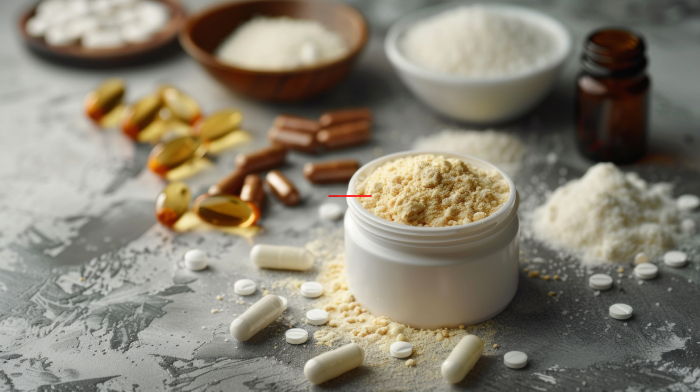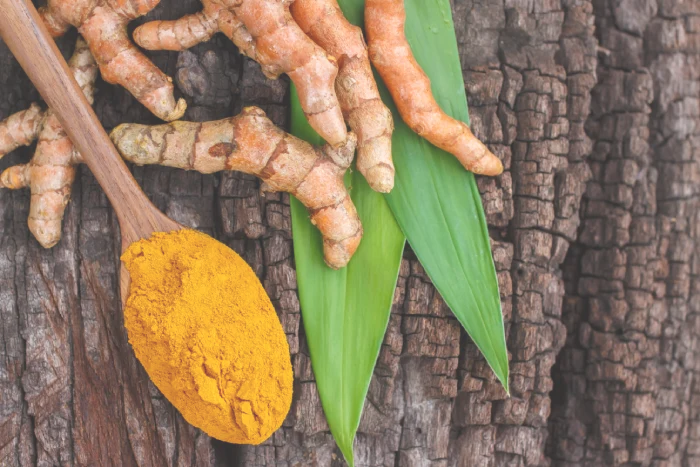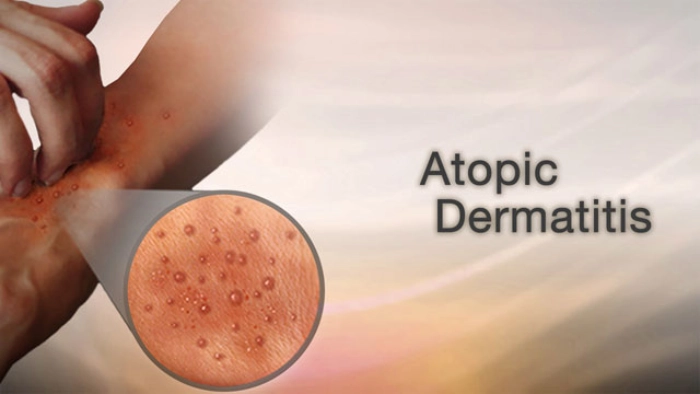Exploring the Potential of Morus alba L. in Reproductive Health
Recent research has shed light on the potential benefits of mulberry fruit extract in addressing male reproductive issues caused by high-fat diet-induced obesity. This comprehensive study, spanning nearly two decades of scientific literature, offers valuable insights into the therapeutic properties of Morus alba L. extract.
The review focuses on the impact of mulberry extract on various aspects of male reproductive health, including testicular morphology, sperm production, and sperm quality. By analyzing data from multiple scientific databases, researchers have uncovered compelling evidence supporting the extract’s efficacy.
One of the key findings highlights the extract’s ability to enhance antioxidant enzyme activities. Superoxide dismutase (SOD) activity increased by 45%, while catalase and glutathione peroxidase (GPx) saw improvements of 38% and 35%, respectively. These antioxidant enzymes play a crucial role in protecting reproductive cells from oxidative stress.
The anti-inflammatory properties of mulberry extract were also notable. The study reported significant reductions in inflammatory markers, with tumor necrosis factor-alpha (TNF-α) decreasing by 64% and interleukin-6 (IL-6) by 58%. Additionally, the extract demonstrated a 42.3% reduction in NF-κB signaling, a pathway involved in inflammation and cellular stress responses.
The phytochemical profile of mulberry extract appears to be the driving force behind its therapeutic effects. Rich in anthocyanins (2.92–5.35 mg/g dry weight) and polyphenols (4.23–6.38 mg/g), these compounds contribute to the extract’s antioxidant and anti-inflammatory properties.
Particularly promising is the extract’s ability to preserve seminiferous tubule integrity and maintain blood-testis barrier function. Treated groups maintained up to 85% of normal tubular architecture compared to high-fat diet controls, suggesting a protective effect on testicular tissue.
At the molecular level, the extract activates the AMPK/SIRT1 pathway, showing a 2.3-fold increase in activity. This pathway is known to regulate metabolism and cellular energy homeostasis. Furthermore, the extract enhanced mitochondrial function, as evidenced by a 67% increase in mitochondrial DNA copy number.
Temporal analysis revealed that optimal therapeutic effects were observed after 28 days of treatment, with initial improvements detectable within two weeks. This information could be valuable for designing future treatment protocols.
While the results are promising, it’s important to note that most studies were conducted on rodent models, and there is a lack of standardized extraction protocols. The review calls for well-designed human clinical trials and further research to standardize preparation methods and explore potential synergistic effects with other therapies.
Commentary by SuppBase columnist Alice Winters:

This comprehensive review on mulberry extract’s potential in treating obesity-induced male infertility is both timely and intriguing. As a health product commentator, I find several aspects of this research particularly noteworthy.
Firstly, the multi-faceted approach of mulberry extract in addressing reproductive health issues is impressive. Its ability to simultaneously boost antioxidant activity, reduce inflammation, and modulate critical signaling pathways suggests a holistic therapeutic potential that could be superior to single-target treatments.
The significant improvements in testicular morphology and function are particularly encouraging. Maintaining 85% of normal tubular architecture in the face of a high-fat diet challenge is no small feat and could translate to meaningful clinical outcomes.
However, it’s crucial to approach these findings with measured enthusiasm. While the results are promising, the leap from rodent studies to human applications is substantial. The lack of standardized extraction protocols is a significant hurdle that needs to be addressed before we can consider mulberry extract a viable therapeutic option.
From a market perspective, the potential for mulberry extract as a natural supplement for male reproductive health is enormous. With rising obesity rates and increasing awareness of male fertility issues, a natural, food-derived solution could be highly appealing to consumers.
That said, several questions remain unanswered. What’s the optimal dosage for humans? Are there any long-term side effects? How does the extract interact with other medications or supplements? These are crucial points that need to be addressed in future research.
The call for standardization in extraction methods is particularly important. As we’ve seen with other botanical supplements, inconsistency in preparation can lead to widely varying results and potential safety issues.
In conclusion, while mulberry extract shows promise as a potential therapy for obesity-induced male infertility, it’s important to temper excitement with caution. Further research, particularly well-designed human clinical trials, is essential before we can confidently recommend this as a supplement. Nonetheless, this review opens up exciting avenues for future investigation in the realm of natural reproductive health solutions.



